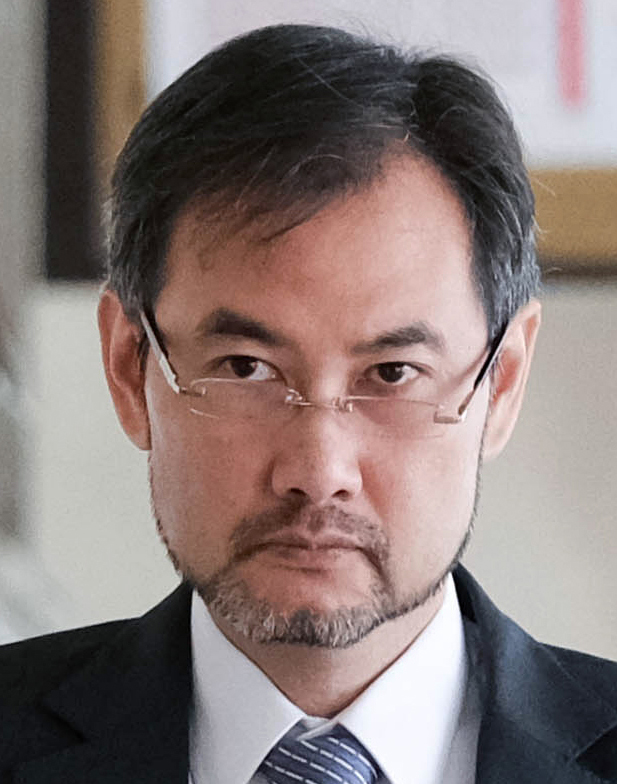Malaysian state fund 1MDB had incurred RM30 billion of debts within five years of its formation which had to be borne by the government, a key witness told the High Court yesterday.
1Malaysia Development Berhad's ex-CEO Shahrol Azral Ibrahim Halmi, testifying in the trial of former Malaysian prime minister Najib Razak, also told the court that when the scandal broke in 2014, Najib did not ask about what had happened to the funds, and did not even once call for a board meeting.
Datuk Shahrol, 49, was the first CEO of 1MDB, which was set up in 2009. He left in 2013.
"No, he never did," Mr Shahrol answered, when asked by prosecutor Gopal Sri Ram if Najib had called him, or other board members, for a meeting to inquire about the whereabouts of the monies. "Never," he added.
Mr Shahrol told the court that among the debts incurred by 1MDB was one from the issue of RM5 billion bonds that had been guaranteed by the Ministry of Finance (MOF).
There were also bonds totalling US$3.5 billion (S$4.8 billion) that were jointly guaranteed by Abu Dhabi's International Petroleum Investment Company and the MOF, the court heard.
Najib, 66, was Finance Minister then and also headed 1MDB's board of advisers.
The former prime minister is facing four charges of using his position to obtain bribes totalling RM2.3 billion (S$762 million) from 1MDB funds, besides 21 charges of money laundering involving the same amount.

Mr Shahrol had told the court last week that Najib had full knowledge of the 1MDB investment deals that went awry after the funds were siphoned off by fugitive Malaysian financier Low Taek Jho, who is widely known as Jho Low.
The former CEO had also said that Low and Najib had a symbiotic relationship, with the former executing the wishes of the latter and the latter approving the decisions.
Mr Shahrol, who is the ninth prosecution witness, yesterday described the pattern of financial "leakages" - the borrowing of funds for projects that were supposedly "good" for the country, and then the siphoning of some of these borrowed funds.
"I now realise the pattern of leakages from 1MDB from 2009 to 2013 has always been to borrow funds for projects that are ostensibly good for the nation and to siphon some of the borrowed funds.
"Throughout the years, the method used by the perpetrators had been refined and tightened up, in the sense that the talking points and mandated tight timelines for fundraising left less and less room for discussion at the 1MDB management and board of director levels," he said.
During the hearing, he also said that he was perhaps removed from his position after he voiced his concerns over the unreasonably speedy transactions involving billions of ringgit.
Mr Shahrol also claimed in his testimony that he was coached to downplay the roles of Najib and Low in 1MDB prior to the 2010 Public Accounts Committee (PAC) hearing, which was also orchestrated by the two men.
The PAC is a parliamentary bipartisan committee that looks into government spending.
Mr Shahrol also said that in 2012, he was awarded a bonus of nearly RM1.5 million for his performance, when his salary was about RM80,000 a month. His last drawn salary was RM99,000 a month, in 2013.

